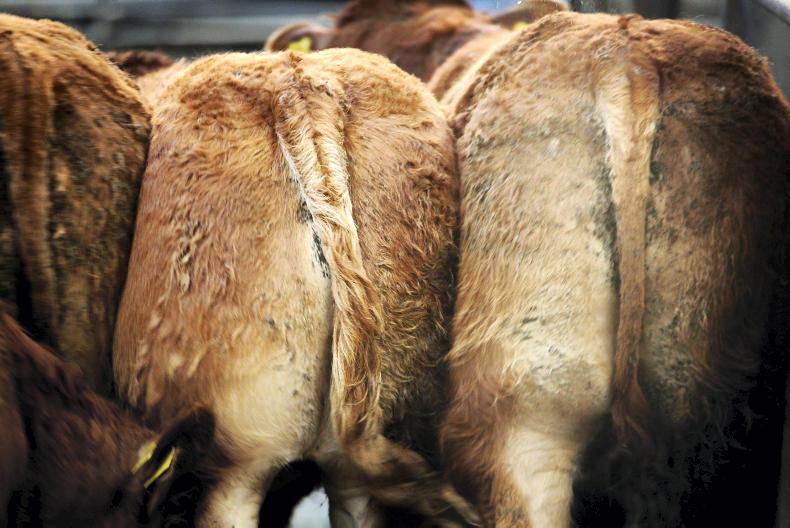The office of the US trade representative (USTR) announced on Thursday that the Obama administration will take the first steps in reinstating trade action against the EU for banning US hormone-treated beef from sale in the EU.
This reignites a decade-old dispute on banning US hormone-treated beef. In 1998 the WTO ruled against Europe stating that there was no scientific evidence to support the EU ban. The US were authorised by the WTO to introduce sanctions of additional tariffs against EU products coming into the US.
In 2009 an agreement was reached between the US and EU to allow up to 50,000t of non-hormone-treated beef into the EU primarily from the US, but extending to other countries as well. Other countries accessing this quota caused frustration in the US, but the matter hasn’t come to a head until now, as it was thought that the TTIP negotiations on a wider US-EU trade deal would address this issue.
These negotiations have reached an impasse in recent months, with both sides blaming each other, and that was before the thorny issue of agriculture had received any meaningful discussion. This move by the Obama administration in the closing days of his presidency could reignite the issue from two decades ago.
What happens next?
USTR is acting on a request from the US beef industry and has scheduled a public hearing in connection with the EU’s ban on most US beef products as a first step in reinstating the trade action (additional tariffs) which were suspended in the 2009 agreement.
They explain that “an interagency committee of trade experts and economists will participate in the hearing and review public comments on the particular products and EU member states that may be subject to the imposition of additional duties, with the goal of resolving this dispute.”
The banning of US hormone-treated beef by the EU generates passionate protests by the US agriculture secretary Tom Vilsack, who said: “American ranchers raise some of the best beef on the planet, but restrictive European Union policies continue to deny EU consumers access to US beef at affordable prices. For several years we have been asking the EU to fix an agreement that is clearly broken, despite its original promise to provide a favourable market for US beef.”
EU position
There is no denying that the hormone ban introduced in the EU in 1988 was based more on controlling production than for scientific reasons. It has, however, become the accepted standard by EU consumers as has enhanced animal welfare and environmental standards. EU famers are subject to these production limitations and they expect that any beef presented to EU consumers should be produced to the same standards.






 This is a subscriber-only article
This is a subscriber-only article










SHARING OPTIONS: